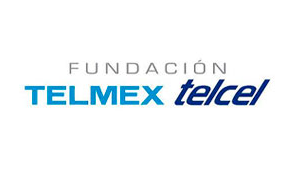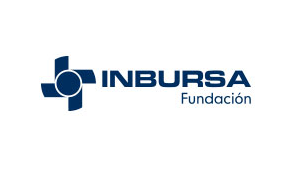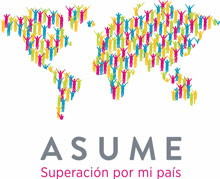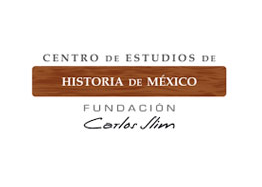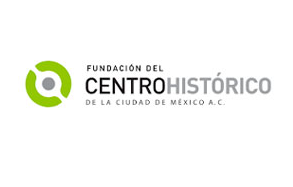Fundación Carlos Slim: 15 years reducing health gaps and fighting poverty in Mesoamérica
As part of the event “Salud Mesoamérica: Equity, Quality, Impact”, held at the headquarters of the Inter-American Development Bank (IDB), the achievements of the Mesoamerica Health Initiative (MHI) were presented. This innovative model has transformed healthcare for the most impoverished populations in the region. During the event, Fundación Carlos Slim, along with the Gates Foundation, the IDB, and other key stakeholders, shared its experience in implementing this initiative, highlighting the importance of focusing interventions on benefiting people and communities and reducing inequalities in the region.
Since its launch in 2010, the initiative has demonstrated that innovation, collaboration, and a results-based approach can drive significant and sustainable change. Over 15 years, this strategic alliance has ensured access to quality healthcare for millions of women and children across eight countries, closing health gaps and transforming the lives of the most disadvantaged communities.
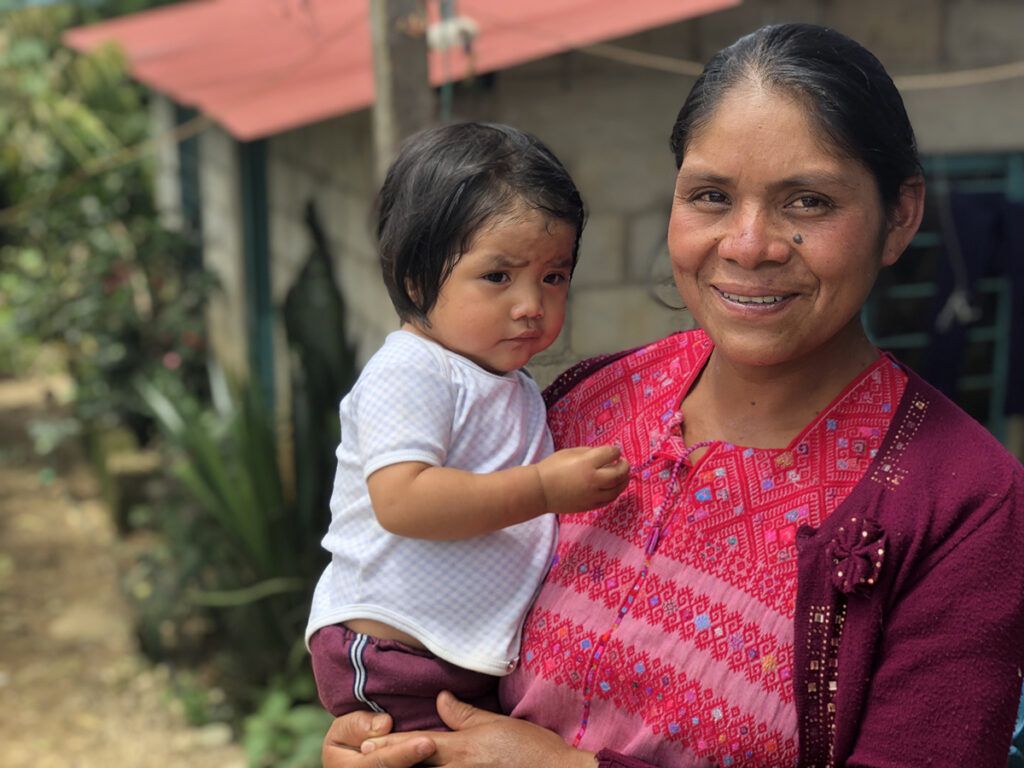
Fundación Carlos Slim has operated under the premise that access to healthcare is crucial in the fight against poverty. For this reason, its participation in the MHI focused on ensuring that the most vulnerable groups, particularly women and children in the poorest 20% of the population, received quality medical care. To achieve this, strategies were implemented to provide medical infrastructure, equipment, healthcare staff training, and access to essential treatments.
One of the initiative’s greatest achievements was reducing gaps in pregnancy and childbirth care, ensuring that women received timely prenatal checkups and that births took place in safe environments. This significantly contributed to reducing maternal and infant mortality in the region.
Through collaboration with the ministries of health of eight countries and the IDB, an innovative financing model was developed, allocating resources to measurable and sustainable strategies. This approach ensured that progress could be verified and replicated over time. By implementing rigorous measurement systems and positive incentive mechanisms, the initiative increased maternal and neonatal healthcare coverage, ensured the availability of medical supplies, and strengthened the responsiveness of public health services.
Additionally, the MHI helped establish replicable healthcare models, inspiring other regional initiatives such as the Malaria Elimination Initiative, which adopted similar operational structures and governance mechanisms. These efforts have demonstrated that well-targeted social investment can create a lasting impact on public health and overall well-being.
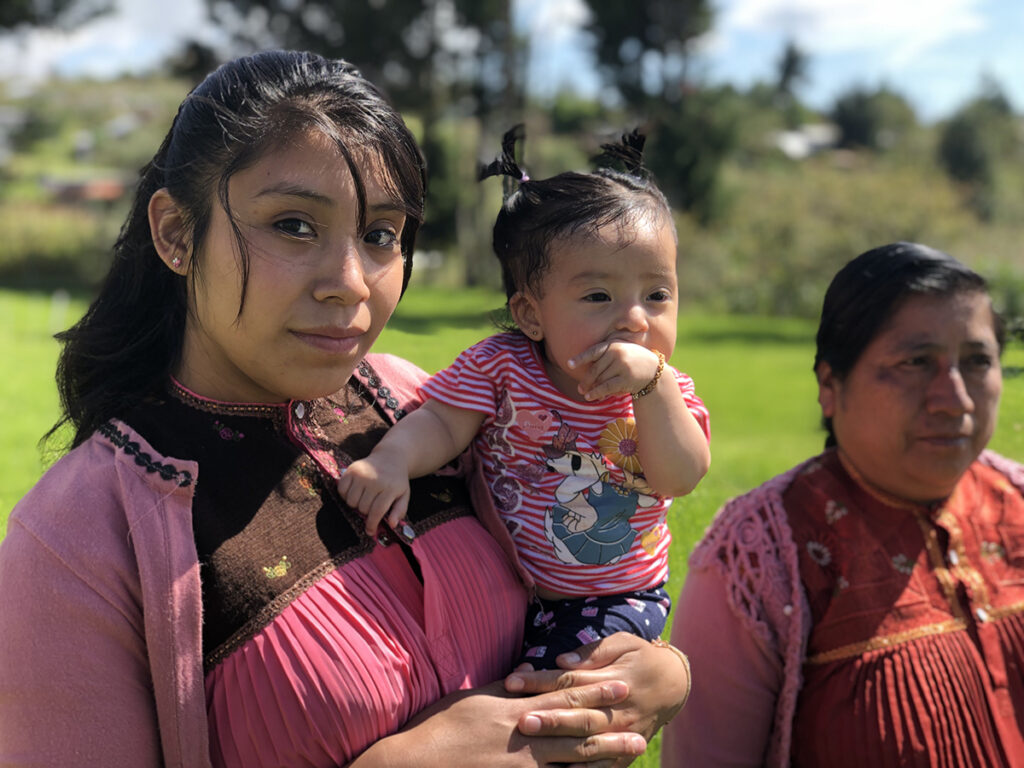
Beyond the indicators, the real impact of this initiative translates into transformed lives, healthier families, and communities with better development opportunities. Fundación Carlos Slim has promoted a co-responsibility approach, working hand in hand with governments and communities to ensure that the progress achieved remains sustainable in the long term.
Convinced that equity and access to quality services are fundamental elements for building fairer and more prosperous societies, Fundación Carlos Slim reaffirms its commitment to continuing to promote innovative healthcare models.




